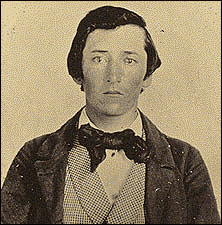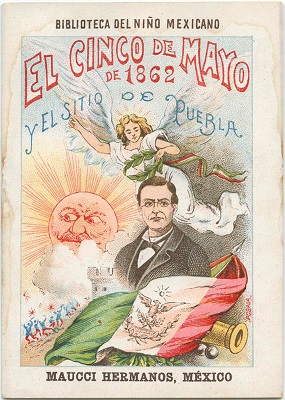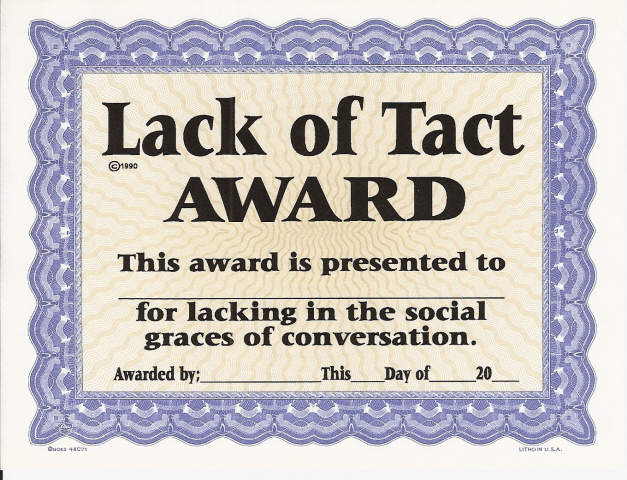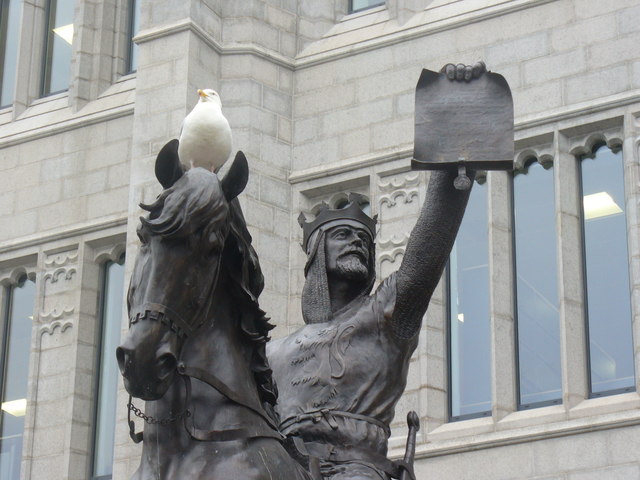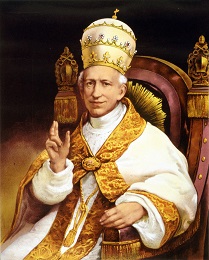Category: Word of the Day
Daily posts of an individual word study
Word of the Day: Histrionic
Paul Schleifer Histrionic without a final –s is an adjective that means “overly dramatic.” If you add a final –s, you turn it into a noun meaning “melodramatic behavior designed […]
Word of the Day: Bushwhacker
Paul Schleifer A bushwhacker is a person who whacks his way through the bushes. Makes sense, right? The word is an Americanism. According to the OED, it first appears in […]
Word of the Day: Complementary
Paul Schleifer According to the OED, complementary means “combining in such a way as to enhance or emphasize the qualities of each other or another.” At www.dictionary.com, we find simply […]
Word of the Day: Sodality
Paul Schleifer According to the OED, sodality is a noun meaning “a confraternity or association, especially a Roman Catholic religious guild or brotherhood.” It appears in English in the early […]
Word of the Day: Gainsay
Paul Schleifer If you were to ask my wife, she might tell you that gainsay is an apt word for me to write about because it means “1. to deny, […]
Word of the Day: Pejorative
Paul Schleifer At www.dictionary.com, you’ll find the following definition for pejorative: “having a disparaging, derogatory, or belittling effect or force.” The example given, “the pejorative affix -ling in princeling,” is kind of fun. […]
Word of the Day: Inveigh
Paul Schleifer When we inveigh against something, we protest against it strongly or rail against it or attack it vehemently using our words. According to the OED, this attack can […]
Word of the Day: Tact
Paul Schleifer Tact means “skill and sensitivity in dealing with others or with difficult issues,” according to the OED. Furthermore, the OED says that it enters the language in the […]
Word of the Day: Regal
Paul Schleifer Regal is an adjective that means “of or related to a king; royal,” according to www.dictionary.com. Through the process of generalizing, it comes to mean “splendid” or “stately.” […]
Word of the Day: canon
Paul Schleifer My first observation about the word canon is that it is not cannon “a mounted gun for firing heavy projectiles.” Canon means “an ecclesiastical rule or law enacted […]
Word of the Day: Ken
Paul Schleifer April 16 2018 Word of the Day: Ken Ken means “one’s range of knowledge or understanding,” according to the OED. In the Scottish dialect, it can also mean […]
Word of the Day: Mete
Paul Schleifer Mete means to dispense or distribute or give someone according to a specific measurement. It is often used with the particle out. It comes from the Old English […]







